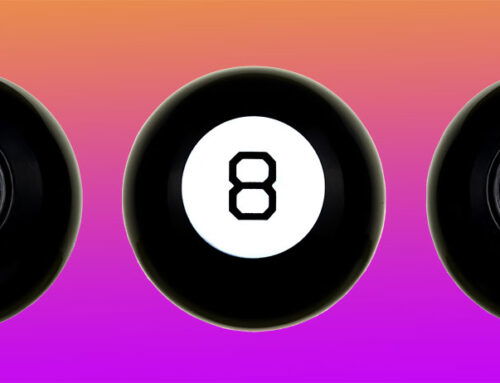Wednesday evening I went to hear Jeffrey Goldberg speak about his much-publicized article, “The Obama Doctrine,” published in the April issue of The Atlantic.
The historic Sixth and I synagogue in Washington was filled to capacity. James Bennet, editor of the magazine, questioned Goldberg about his extensive interviews of President Obama. Goldberg explained that his objective was not so much to analyze Obama’s future legacy, but to gain a greater insight into his mind and how he reasons to solve problems. At the end, Bennet asked Goldberg what Obama’s doctrine was. At first Goldberg questioned whether Obama actually had a doctrine, but then concluded that he did have a general philosophy. He said Obama was an intelligent pragmatist who centered his thinking on the world as it is, not as he would like it to be, and who practiced restraint. To be concise, I would call this “pragmatic restraint.”
I found the discussion fascinating, and I have no intention of summing up the event. Rather, I was struck with a side comment that Goldberg muttered under his breath numerous times when answered a series of questions from the audience. After acknowledging that a question was a good one and answering the best he could, he said, almost to himself, “I should have written more about that.” Never mind that this was one of the longest articles ever published by The Atlantic. From Goldberg’s viewpoint, it wasn’t complete enough.
When is enough? That question has always haunted me. When did I have enough victories (or too many defeats!) when I played tennis tournaments as a teenager? When did I have enough science publications on my research to feel satisfied? And when did I accept, if ever, that the articles I’ve written were good enough? Today I wonder when it’s time to stop adding to my collection of Inuit art. Clearly there’s always more to do; nothing is ever complete or good enough, certainly no collection or knowledge.
When is enough? There are no absolute answers or rules of thumb to follow. The answer will be at best subjective and will differ for each activity and with each individual. Although no generalization is always true, being aware of and troubled by vast absences, which always exist, is seldom due to greed and compulsion. The frustrating question of when to stop is a conundrum of creativity. I regret what I haven’t done, not what I have, or could have done better.
Searching for the end is as important and difficult as searching for the beginning, or of what to begin at all. Finding a satisfying answer to “When is enough?” should not be neglected. The end provides the impact, or exposes the lack of it, and gives substance to the bulk.
So “pragmatic restraint” seems like a golden thought to keep in mind. And thus, I end my blog.






Leave A Comment